Are you considering a land purchase but unsure how to get started? Crafting the perfect land purchase agreement proposal can seem daunting, but it doesn't have to be! With the right template, you can simplify the process, ensuring all essential elementsâlike price, terms, and contingenciesâare clearly outlined. Dive into our article for a comprehensive guide and helpful tips to create a proposal that stands out!

Parties Involved
The land purchase agreement involves two primary parties: the Buyer, an individual or entity intending to acquire a specific parcel of land, and the Seller, the current owner of said land. The Buyer may be represented by a real estate agent or attorney, while the Seller could also engage a legal representative to facilitate negotiations. The property in consideration is often located in a designated area, such as a residential neighborhood or commercial zone, identified by specific features, like zoning regulations or environmental assessments. The agreement outlines crucial details, including purchase price, deposit amount, and financing details, fostering a clear understanding of the transaction between the involved entities. Additionally, timelines for property inspections, closing dates, and any contingencies are specified to ensure all parties are aware of their responsibilities.
Property Description
The proposed land purchase agreement pertains to a 5-acre parcel located in the urban development zone of Springfield, Massachusetts. The property features a mix of cleared and wooded areas, with an approximate elevation of 150 feet above sea level, enhancing its desirability for residential or commercial development. The land is zoned for mixed-use, allowing for both residential units and retail spaces, a promising feature for potential investors. Access to the property is facilitated by a paved road, which connects directly to Main Street, a primary thoroughfare in Springfield, ensuring excellent visibility and accessibility. Additionally, utility infrastructure, including water, electricity, and sewage systems, is available at the property boundary, streamlining future construction efforts. The proximity to local amenities such as schools, parks, and shopping centers further increases the site's value and attractiveness for future development.
Purchase Price
The purchase price for the land plot located in [specific location or address], encompassing an area of [size in acres or square feet], has been proposed at [amount in currency]. This valuation takes into consideration recent comparable land sales in the [specific area] region, alongside current market trends that indicate a rising demand for property due to [specific factors such as urban development, proximity to amenities, etc.]. An earnest deposit of [amount in currency] will be submitted upon acceptance of this proposal to demonstrate commitment. The final transaction will occur upon completion of all necessary inspections and due diligence processes, ensuring fair valuation and legal compliance concerning the land's title and conditions.
Payment Terms & Schedule
A land purchase agreement involving a detailed payment structure is crucial for both buyers and sellers to ensure clarity and enforceability. The total purchase price of the property, for example, $200,000, shall be divided into two key payments: an initial deposit of 10% upon signing the contract, which amounts to $20,000, and the remaining 90% due at closing. The closing date, possibly set 30 days after the agreement is executed, would be determined mutually. Buyers may opt for financing options, such as a mortgage from a financial institution, necessitating careful coordination with their lender to adhere to timelines. Late payment penalties might apply, typically at a rate of 1% per month, ensuring that both parties remain committed to the agreed terms.
Closing Date & Conditions
A land purchase agreement often specifies critical closing dates and conditions to ensure a smooth transaction process. Closing dates establish when ownership transfers, typically ranging from 30 to 90 days after signing, allowing for documentation and financing arrangements. Conditions may include securing financing (such as a mortgage from a financial institution), satisfactory property inspections conducted by certified professionals, and ensuring clear title free from liens or disputes. Additionally, environmental assessments might be required to confirm compliance with local regulations, particularly in areas like California where strict environmental laws apply, safeguarding against potential liabilities due to hazardous materials. Timely completion of these conditions is essential for both parties to fulfill their obligations under the agreement.

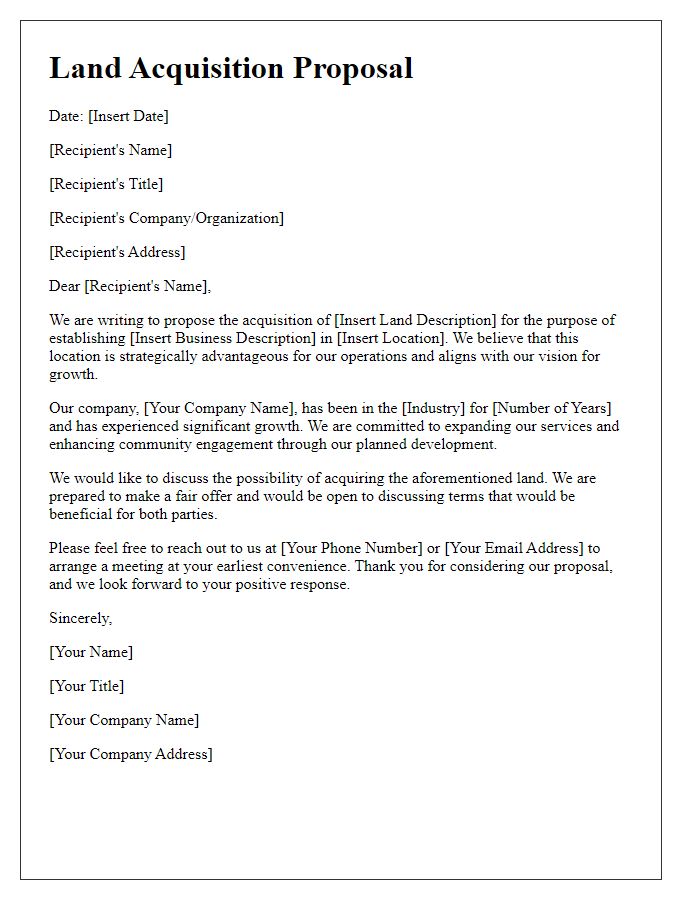
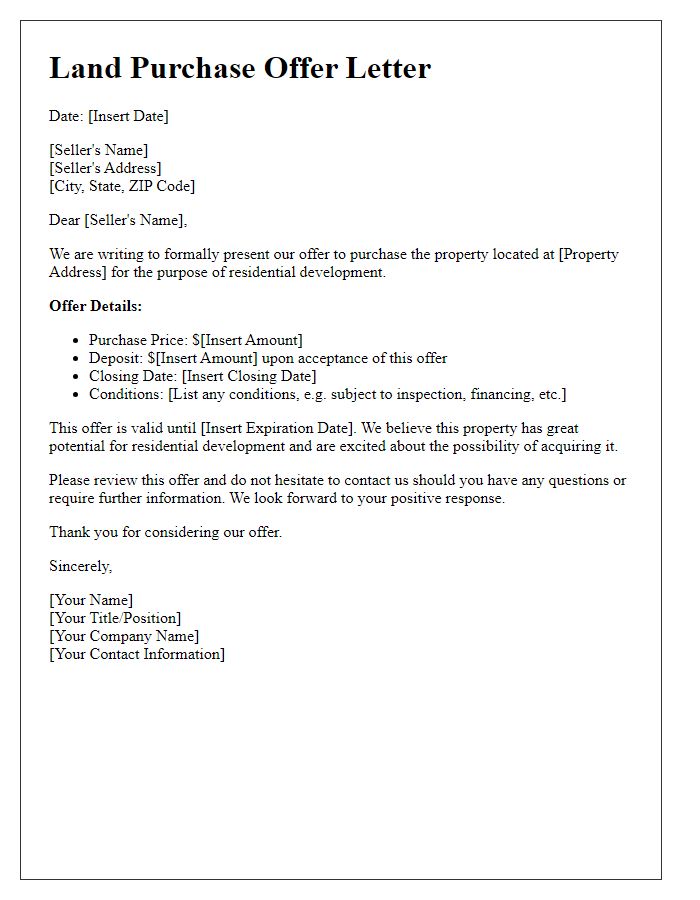

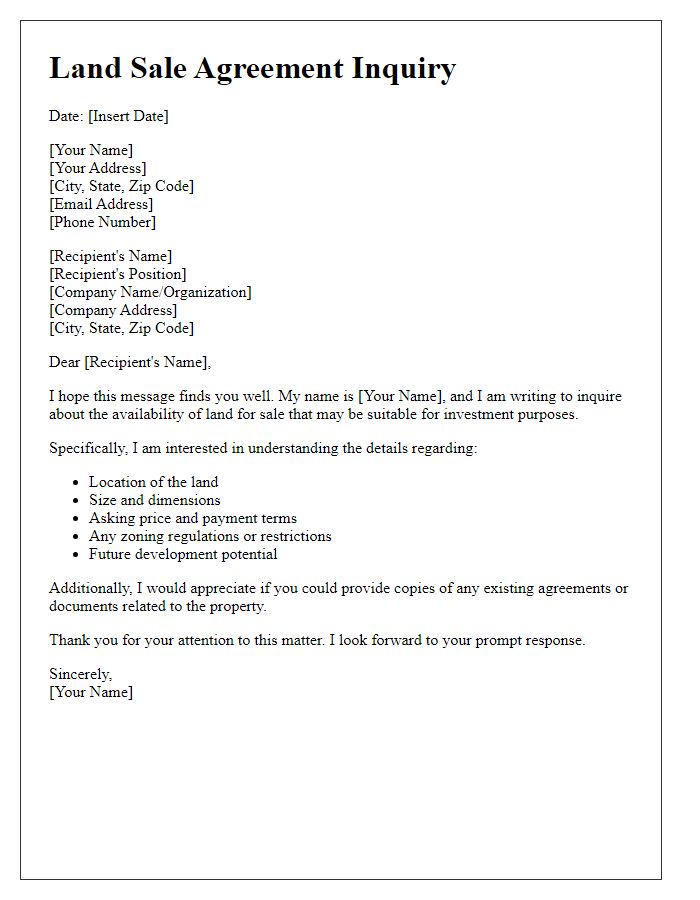

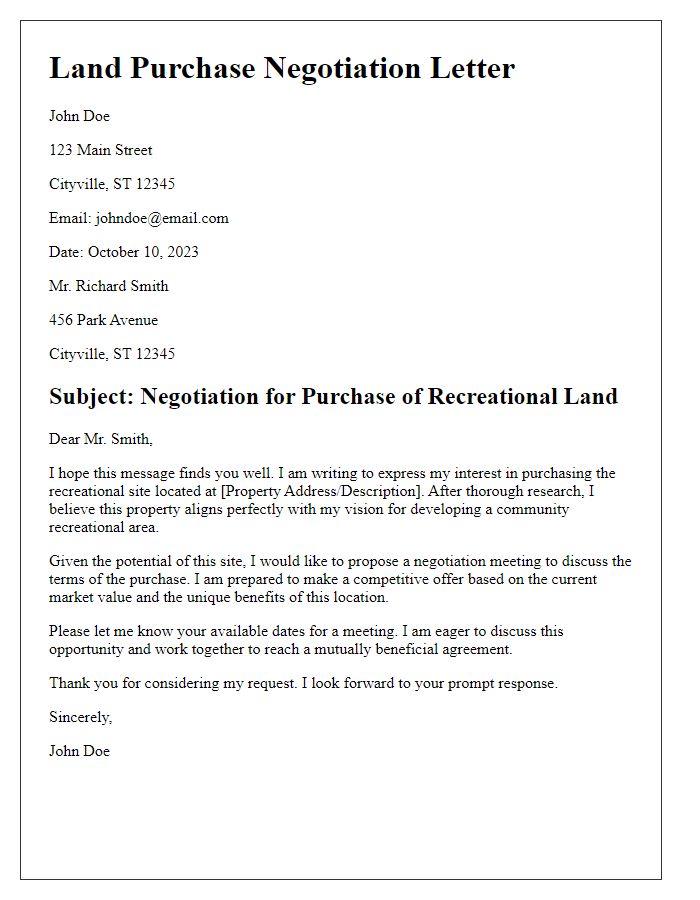
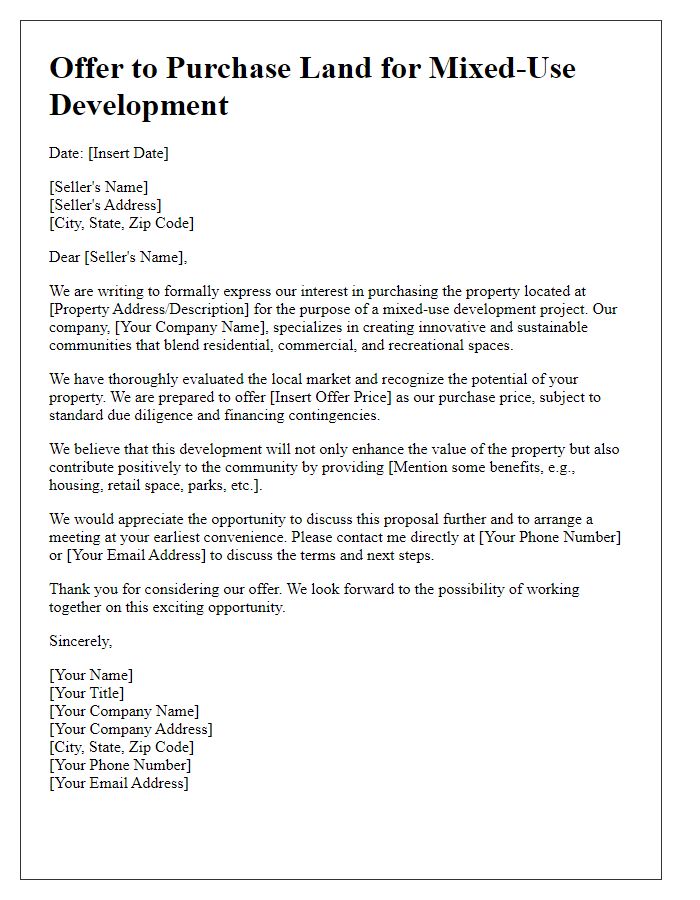
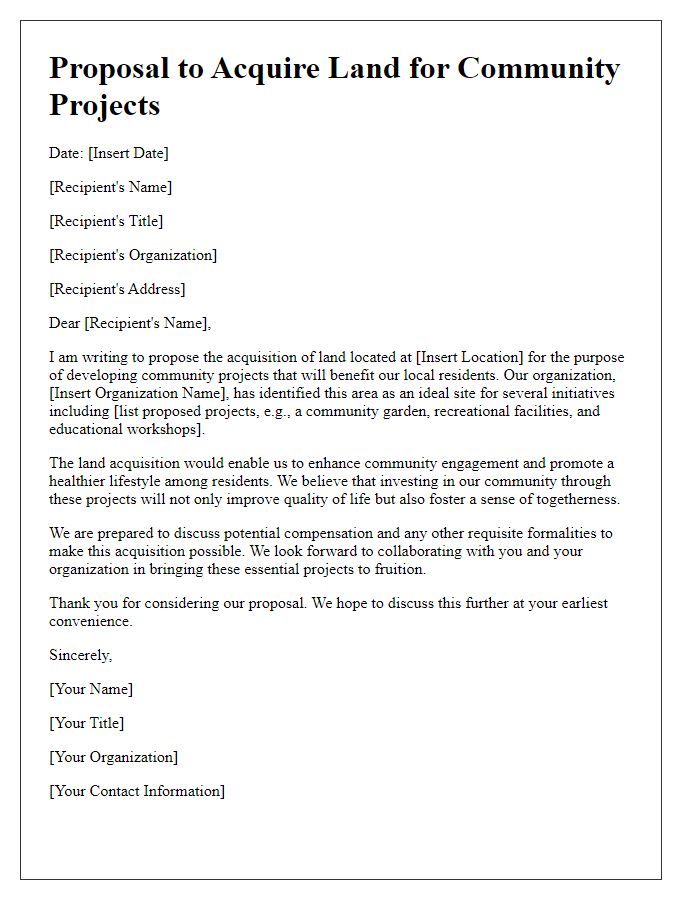
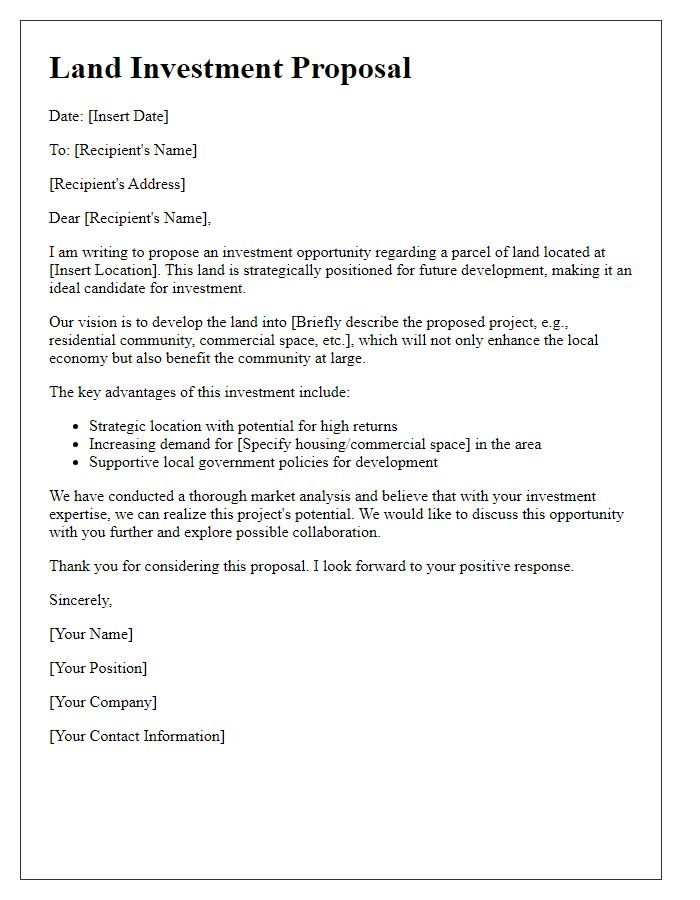
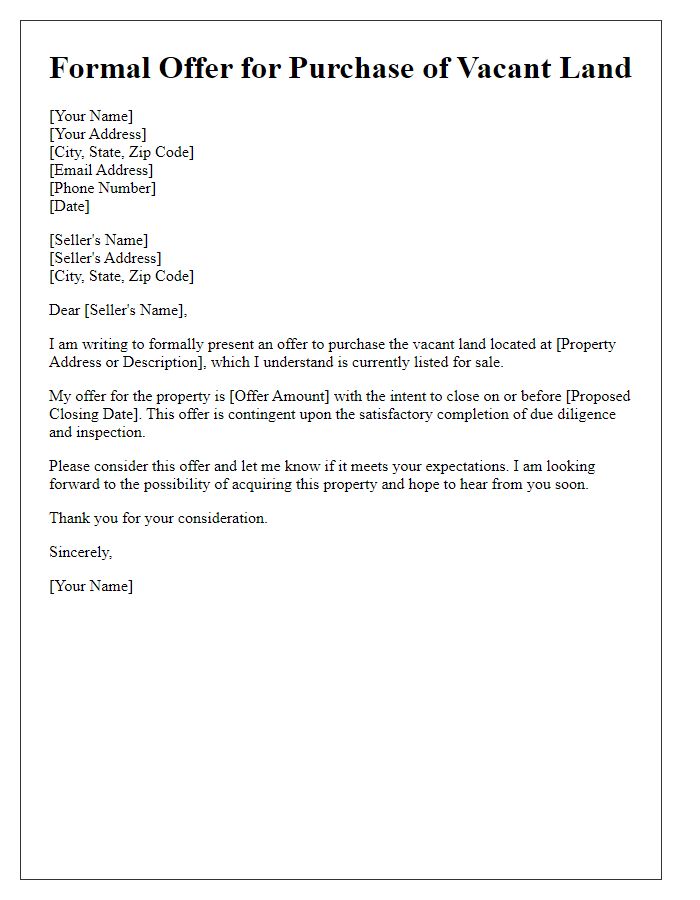


Comments